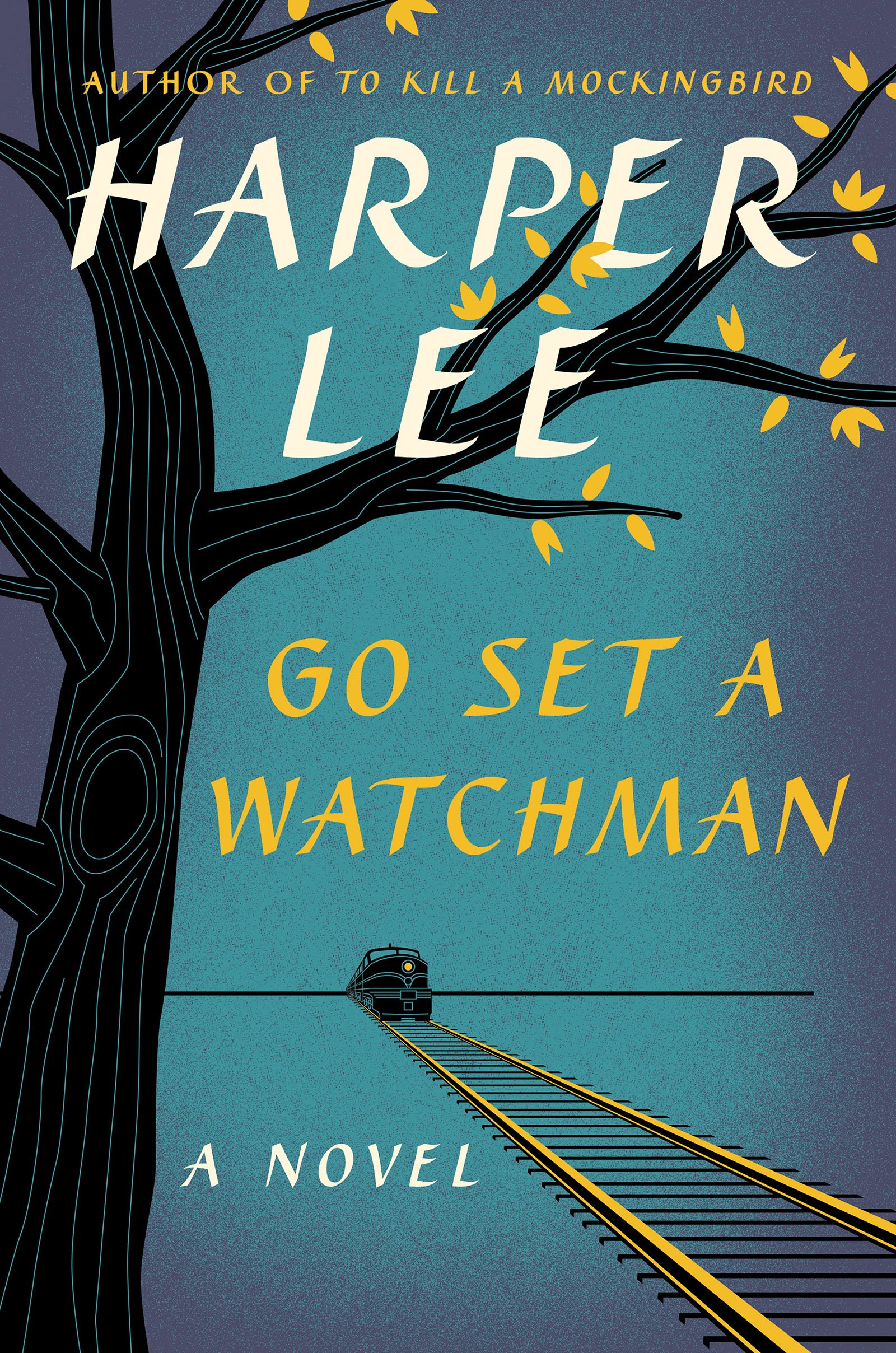I always thought it was kind of weird that Harper Lee had only written one book, but, when the only book you've ever written happens to be To Kill a Mockingbird, I guess you don't really need to write another one to be content with your writing accomplishments. Or financially stable. And after all this time has passed since the publication of To Kill a Mockingbird, most wouldn't have expected a new Harper Lee book, let alone a sequel to her beloved classic.
But then it was announced that Go Set a Watchman was to be published - I can even tell you what I was doing the day I heard - and the literary world exploded with both happiness and confusion. There were a lot of questions being asked about whether or not Harper Lee truly wanted this book published, and I realize many are still too suspicious to go near the new book at this point, but there was an official investigation which ultimately seemed to demonstrate that Harper Lee wasn't being taken advantage of.
That situation aside, expectations for this book were generally set quite high. Personally, the only expectation I had for Go Set a Watchman was that it'd simply be good - I didn't need it to necessarily match To Kill a Mockingbird's greatness. Based on reviews I'd read, it didn't seem like people were putting it in the same league as To Kill a Mockingbird, and that made me perhaps even more curious to see what it's like. And then of course, I heard about Atticus...
It's only natural that we'd be heartbroken to hear that Scout has come back to Maycomb County to find out that her father is racist. But for those who resent Harper Lee for destroying our vision of a perfect human being who defends human rights despite the odds... Well, what are you going to do when people surprise you like this in the real world? Just say "I'm not going to deal with it" and turn away? And that's really the point of this book - to show us that people will oftentimes never be perfect, that we shouldn't idolize, and that we should come to our own conclusions about who's right and what's right, even when we disagree with our friends. Furthermore, no matter who's right and who's wrong, we all have to live with one another as we fight for what we believe. How can we hold our own against Atticus if we can't bear the unfortunate truth about him? The themes of this book are just as relevant in today's world as those of To Kill a Mockingbird.
In short, I think Go Set a Watchman is brilliant. Atticus' future is everything we didn't want for him, but I don't think there could have been a better sequel to follow up a novel about doing what's right. Scout is just as interesting and relatable as she was as a tomboy in her childhood, and while it's so easy to be disappointed in Atticus, it's just as easy to be proud of her. Rather than feel the need to mimic Atticus' morals as it seems she's always done, she has opinions and feelings of her own.
I think every girl who's more liberal than her mother can see herself in Scout's quarrels with Aunt Alexandra, and she has to realize that Alexandra is a human too, much like her realization about Atticus. And even though these are all very serious concepts and undertones, Go Set a Watchman is written in the same funny way as To Kill a Mockingbird. Harper Lee's style will always feel sort of home-y to me with the perfect combination of feelings that can be extracted, and that's ultimately what allowed me to plow through this book so damn fast. And of course, it was quite intriguing to see what other characters from To Kill a Mockingbird ended up doing with their lives, like Dill and Jem, and we are treated to more childhood flashbacks. Unfortunately nothing is included about the Radleys, who were always of high interest to me... but I really cannot complain about this book.
I realize that there are quite a few people who won't agree with me about Go Set a Watchman, but I don't care. Harper Lee should be just as proud as this novel as she should be of To Kill a Mockingbird. I truly loved this book, and I dare to deem it the perfect sequel. I even shed a tear at the end.

